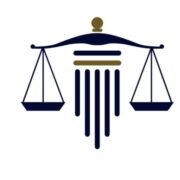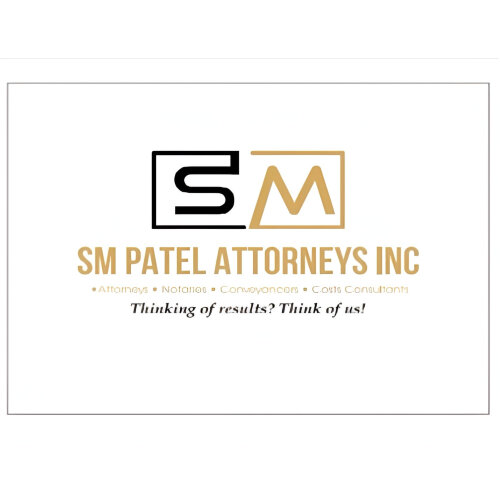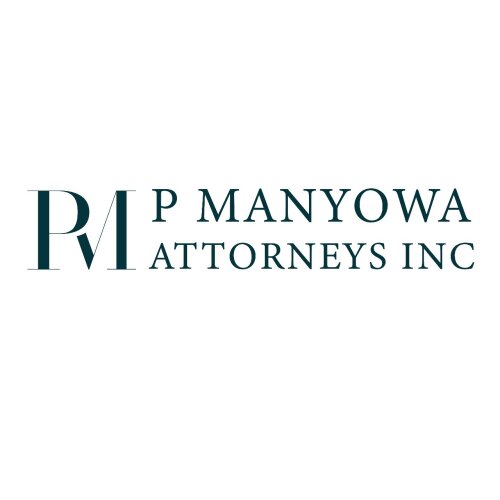Best Defamation Lawyers in Polokwane
Share your needs with us, get contacted by law firms.
Free. Takes 2 min.
List of the best lawyers in Polokwane, South Africa
South Africa Defamation Legal Questions answered by Lawyers
Browse our 1 legal question about Defamation in South Africa and read the lawyer answers, or ask your own questions for free.
- I want to sue someone for defamation and harassment
- Someone posted me on social media, without my consent and started spreading rumours about me. How should i handle this?
-
Lawyer answer by OPRICHTER Legal Network
Collect all available evidence, including chat conversations, voice recordings, and any other supporting materials. After that, you may file a report with the police.
Read full answer
About Defamation Law in Polokwane, South Africa
Defamation in Polokwane, South Africa, is a legal area primarily governed by both common law and statutes. It involves wrongfully damaging someone's reputation either orally (slander) or through written statements (libel). The core elements that must be proven in a defamation case are the publication of a statement that is injurious to the plaintiff's reputation and that such publication was both false and made with intent or negligence concerning its truth or falsity. Polokwane, being a significant city in Limpopo Province, follows the legal precedents set by South Africa's defamation laws, which balance the protection of individual reputations with the constitutional right to freedom of expression.
Why You May Need a Lawyer
There are numerous situations where individuals might seek legal advice regarding defamation in Polokwane. You might need a lawyer if you've been publicly accused of defamatory behavior, if you've had your reputation unjustly tarnished, or if you're facing a defamation lawsuit. In the modern age, with the rise of social media, online defamation cases have become more common. Legal assistance is crucial to navigate the complexities of evidence gathering, understand your rights, and implement strategies to either shield against defamation claims or seek reparation for damages incurred.
Local Laws Overview
South Africa's defamation laws are derived from both common law and legislative acts, such as the Constitution, which guarantees freedom of expression but also respects the right to dignity and reputation. In Polokwane, as in the rest of the country, defamation cases require a balance between these rights. The courts consider whether the statement made is in the public interest, its truthfulness, and if any defenses such as fair comment, truth for the public benefit, or privilege can be applied. The legal framework is underpinned by the principle that defamation is civil wrong (delict), and plaintiffs can claim damages for reputational harm.
Frequently Asked Questions
What constitutes defamation?
Defamation involves making a false statement about someone that injures their reputation. Such statements must be presented as facts rather than opinions.
Can opinions be defamatory?
Opinions are generally not defamatory as they are subjective by nature and not presented as factual assertions. However, if an opinion implies false statements of fact, it could be actionable.
Is internet defamation treated the same as traditional defamation in Polokwane?
Yes, defamation laws apply to both traditional media and online platforms. Statements made on social media, for example, are subject to the same legal standards.
What defenses are available against defamation claims?
Common defenses include truth, consent, privilege, fair comment on a matter of public interest, and the absence of intention to defame.
How can one prove damages in a defamation lawsuit?
Damages can be proven by demonstrating harm to reputation, which may be inferred or supported by evidence of economic loss or emotional distress.
What is the process for filing a defamation lawsuit in Polokwane?
The aggrieved party must first draft a letter of demand requesting a retraction or apology. If unresolved, a lawsuit can be filed in a civil court where the plaintiff must establish the elements of defamation.
How long do I have to file a defamation lawsuit?
The typical statute of limitations for defamation lawsuits in South Africa is three years from the date of the defamatory act.
Can public figures sue for defamation?
Yes, but public figures must prove actual malice or negligence, which means the defamatory statements were made with knowledge of their falsity or with reckless disregard for the truth.
Are apology or retraction considered adequate remedies?
An apology or retraction can sometimes suffice to resolve a defamation case, particularly if the harm to reputation can be adequately rectified through such means.
Are employers liable for defamatory statements made by their employees?
Employers may be held vicariously liable if the defamatory statement was made by an employee during the course and within the scope of their employment.
Additional Resources
Individuals seeking more information on defamation can consult the South African Human Rights Commission, the Legal Aid South Africa for affordable legal assistance, or the South African Law Reform Commission for insights into any legislative changes. Local bar associations in Polokwane often hold seminars and workshops that can be beneficial for understanding defamation and other legal issues.
Next Steps
If you find yourself in need of legal assistance regarding a defamation issue in Polokwane, start by consulting with a qualified attorney specializing in defamation law. It's advisable to gather any evidence related to the defamatory statement, such as copies of social media posts, emails, or correspondence. Reach out to the local law society for referrals to reputable legal practitioners. Additionally, consider attending informational sessions or seeking guidance from legal aid services if financial constraints are a concern.
Lawzana helps you find the best lawyers and law firms in Polokwane through a curated and pre-screened list of qualified legal professionals. Our platform offers rankings and detailed profiles of attorneys and law firms, allowing you to compare based on practice areas, including Defamation, experience, and client feedback.
Each profile includes a description of the firm's areas of practice, client reviews, team members and partners, year of establishment, spoken languages, office locations, contact information, social media presence, and any published articles or resources. Most firms on our platform speak English and are experienced in both local and international legal matters.
Get a quote from top-rated law firms in Polokwane, South Africa — quickly, securely, and without unnecessary hassle.
Disclaimer:
The information provided on this page is for general informational purposes only and does not constitute legal advice. While we strive to ensure the accuracy and relevance of the content, legal information may change over time, and interpretations of the law can vary. You should always consult with a qualified legal professional for advice specific to your situation.
We disclaim all liability for actions taken or not taken based on the content of this page. If you believe any information is incorrect or outdated, please contact us, and we will review and update it where appropriate.












